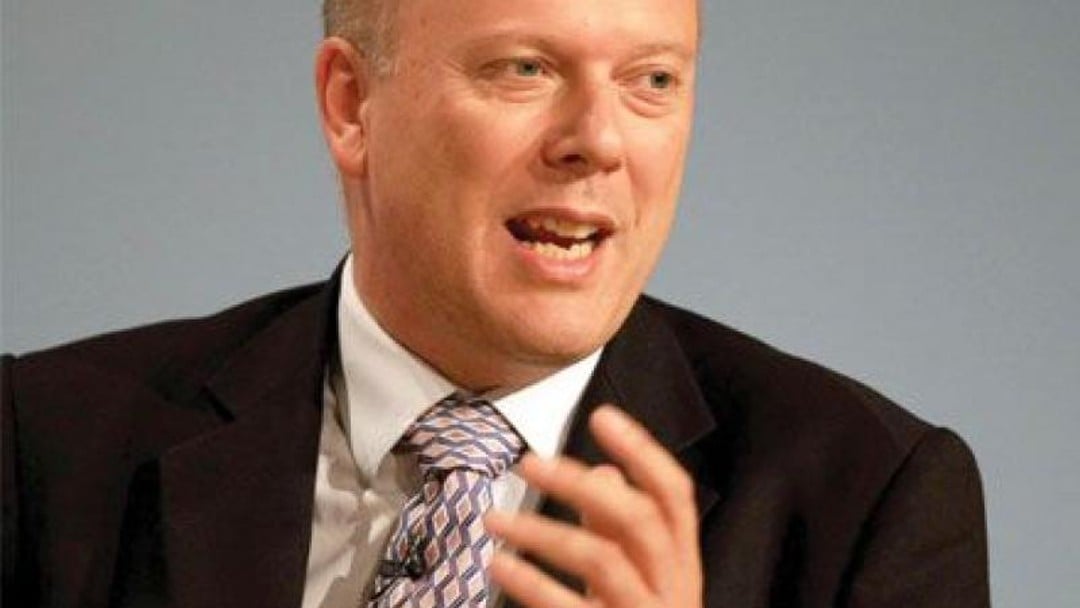High Court rejects RTA fee cut challenge

Government decision to drastically reduce recoverable costs was not unlawful
The High Court has rejected a judicial review by APIL and MASS challenging massive cuts in RTA portal fees due to come into force at the end of April.
The two claimant lawyers’ organisations were arguing that the cuts were unlawful on the grounds of lack of consultation.
Lord Justice Elias and Mr Justice Cranston ruled that the government had not acted unlawfully.
The Law Society, which intervened in the case, expressed regret at the outcome.
“We remain deeply unhappy with the new recoverable costs rules and the process by which the government made its decision,” said chief executive Des Hudson.
Hudson conceded the government’s decision, “however unfair”, was going to be difficult to challenge.
But, he said, “We will continue to impress upon government the need to ensure that those injured through no fault of their own need to be able to seek redress, without putting themselves in severe financial difficulties.”
Insurance lawyers welcomed the ruling, with Rod Evans, president of the Forum of Insurance Lawyers (FOIL) saying it would end “the hiatus which has gripped the industry.”
“We now all know where we stand. It’s time to look ahead and start moving towards making the planned reforms work successfully in the best interests of clients on all sides as Lord Justice Jackson envisaged,” he said.
Justice secretary Chris Grayling (pictured) confirmed the worst fears of claimant personal injury lawyers early last week by announcing that RTA portal fees would be cut from £1,200 to £500 “from the end of April”.
Grayling said the fee for handling claims worth £10,000 to £25,000, which will enter the portal “from the end of July”, would be £800.
For employers’ and public liability cases, which will be entering the portal at the same time, the fees will be set at £900 for cases worth up to £10,000 and £1,600 for cases worth up to £25,000.
Grayling said that in “exceptional circumstances”, where cases were in the £10,001 to £25,000 bracket, the cost of a barrister or specialist solicitor’s advice on quantum should be recovered as a disbursement, in the same way as experts’ reports.
The justice secretary also said that for “claims arising out of employers’ liability disease cases” which fell outside the protocol, the existing costs regime should continue.
Justice minister Helen Grant had previously suggested that mesothelioma claims should be handled by a portal.
As Grant proposed in November last year, fees for cases falling outside the protocol will be calculated according to a “matrix of fixed recoverable costs”, based on the table recommended by Lord Justice Jackson in 2009, increased to take account of inflation but reduced by an amount “intended to reflect the forthcoming ban on referral fees”.
Under the matrix, fees for non-portal RTA claims worth £1,000 to £5,000, which settled before issue, would be the greater of £550 or £100 plus 20 per cent of damages. For similar claims worth £5,000 to £10,000, it would be £1,100 plus 15 per cent of damages.
Grayling said the new fixed costs would be implemented with the extension to the portal at the end of July.

